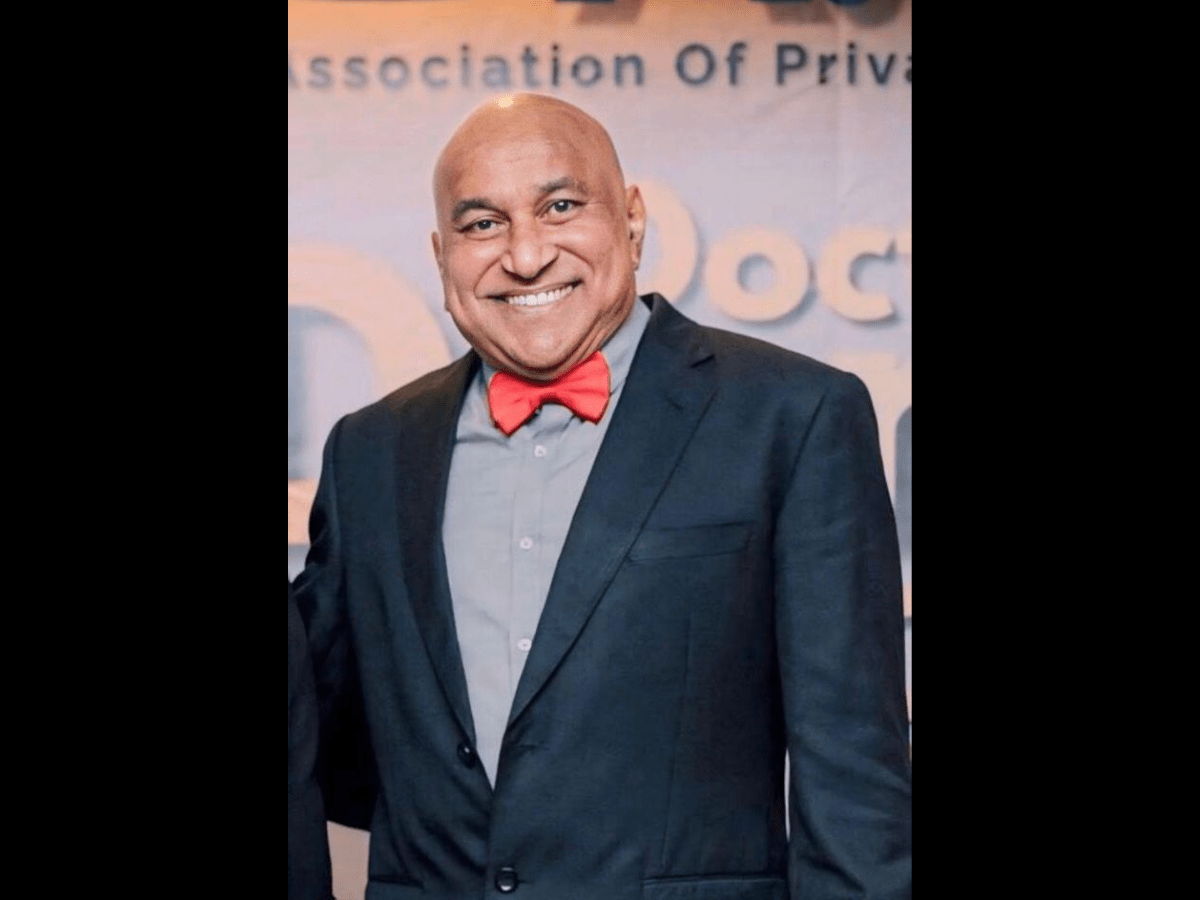In Malaysia’s private health care ecosystem, the rise of third party administrators (TPAs) was once hailed as a solution for managing corporate medical benefits.
Instead, it has mutated into a parasitic system that drains both sides of the health care relationship, corporations, and general practitioners (GPs) alike.
Double Dipping Disguised As Administration
TPAs claim to “streamline” employee health benefits. In truth, most now operate on a double-dipping model. They charge corporations handsomely for the privilege of being on their panels, often a percentage of total medical spending, plus annual administrative fees.
Then, with no sense of shame, they turn around and charge the appointed clinics that provide the service, slicing off as much as 10 per cent of GP total fees per patient visit.
This means that the doctor who actually delivers the care, the one who bears the cost of medicines, staff salaries, rent, and compliance with the Private Healthcare Facilities and Services Act, ends up subsidising the profits of a middleman who neither sees or treats a single patient.
Extortion By Onboarding Fees
It doesn’t stop there. Many TPAs now demand onboarding fees of up to RM5,000 from GP clinics merely to join their panels.
This practice, coercing health care providers to pay for access to corporate patients, is nothing short of commercial extortion. It is anti-competitive and unethical.
The Payment Scam: Delayed And Incomplete Settlements
Adding insult to injury, these same TPAs are notorious for protracted payment cycles, often taking months to reimburse clinics for services rendered.
Some even fail to pay in full, citing delayed settlements from their corporate clients; adjustments and discrepancy deductions.
Foreign Ownership And Profit Repatriation
The irony is that a good number of these TPAs are foreign-owned or majority-controlled by overseas entities. This means that Malaysian patient data, corporate health spending, and the hard-earned income of local doctors are being siphoned out of the country.
In essence, Malaysian primary health care has become a cash cow for foreign financial entities, while our GPs struggle to survive rising operational costs and shrinking margins.
The Silent Erosion Of Primary Care
This predatory structure erodes the very foundation of Malaysia’s private primary care system. When doctors are underpaid, over-regulated, and forced to surrender a portion of their earnings to TPAs, patient care inevitably suffers.
Clinics cut corners, consultation times shorten, and experienced doctors leave the system. Ultimately, patients and employers, the very stakeholders TPAs claim to serve, end up paying the price through poorer care and higher long-term costs.
Regulatory Vacuum And Needed Reform
Despite repeated calls, regulatory inertia continues. The Ministry of Health and Bank Negara Malaysia must stop passing the buck. The TPA business model must be brought under proper licensing, transparency, and ethical oversight.
No entity should be allowed to charge both the payor and the provider for the same transaction. This is double-charging.
Conclusion: Malaysia’s Medical Middlemen Must Be Regulated
TPAs were meant to serve, not exploit. What began as a coordination role has evolved into a system of legalised parasitism that hurts employers, doctors, and ultimately, patients.
Unless strong regulatory intervention is enforced, to ban double-dipping, cap administrative charges, and protect Malaysian ownership and data sovereignty, the private healthcare sector will continue to bleed under this exploitative arrangement.
It’s time the government, the Competition Commission, and the medical fraternity stand together to expose this plunder of primary care, and to reclaim fairness, transparency, and dignity for the country’s front-line doctors.
Dr James Jeremiah is the immediate past president and founding president of the Association of Private Practitioners Sabah (APPS).
This is the personal opinion of the writer or publication and does not necessarily represent the views of CodeBlue.

